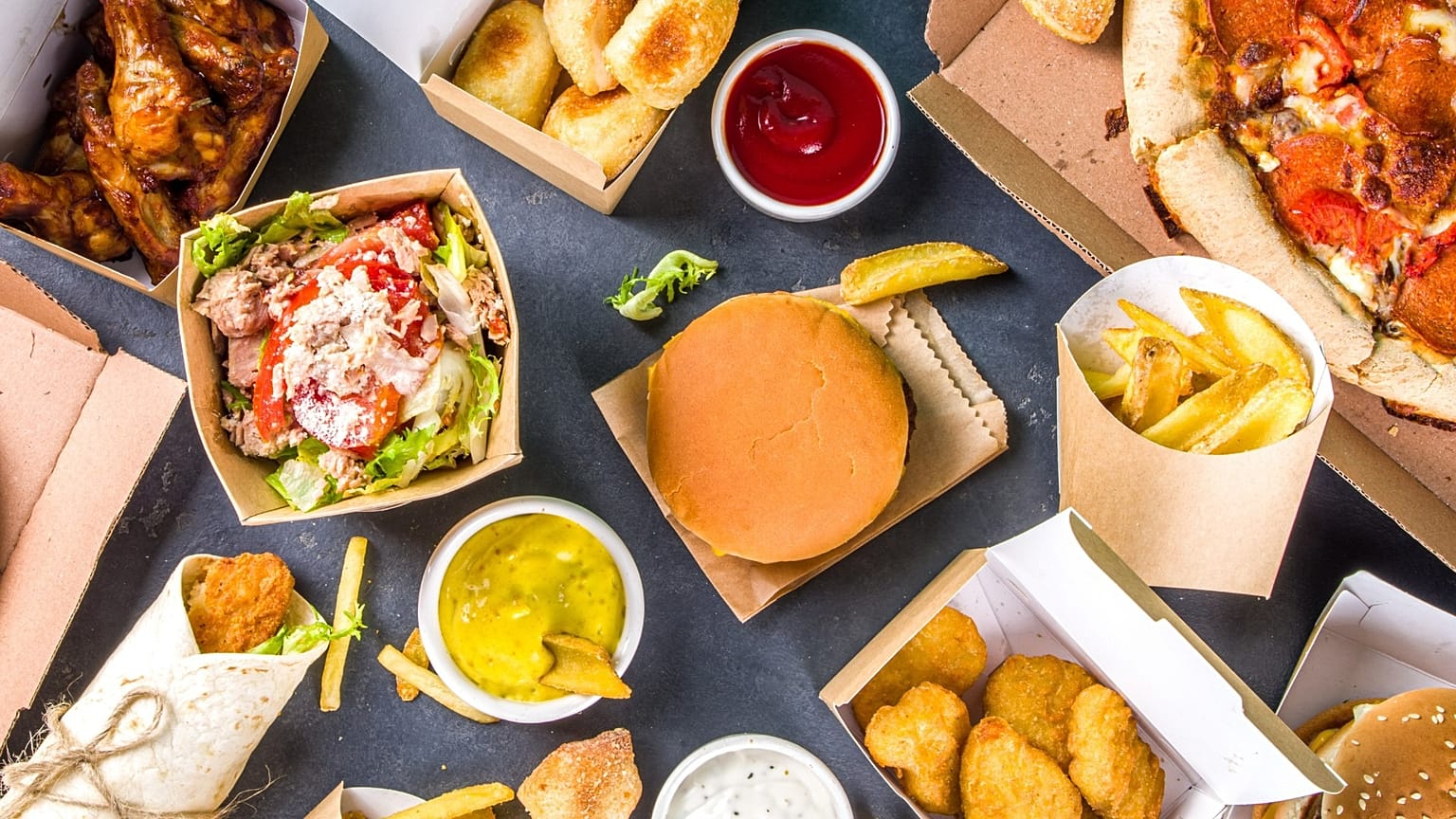Top Stories
Fast Food Reinvented: Quality, Inclusivity, and Sustainability Drive Change

The fast food industry is undergoing significant transformation as it embraces quality, inclusivity, and sustainability. Major brands and independent restaurants are redefining what quick dining means, moving away from traditional greasy offerings to healthier, gourmet choices that cater to diverse dietary needs. The question now is whether this shift represents a genuine evolution or merely savvy marketing.
Breaking Down Barriers: The Rise of Gluten-Free Options
Historically, fast food has posed challenges for those with dietary restrictions, particularly individuals with celiac disease or gluten sensitivity. This landscape is shifting as brands recognize the need for greater accessibility. For instance, McDonald’s has introduced gluten-free burger buns in select European countries, collaborating with the gluten-free brand Schär in Italy to offer certified options. These buns are packaged to prevent cross-contamination, addressing concerns raised by the coeliac community.
In Austria, customers can choose from up to seven different gluten-free burgers, along with fries and brownies at McCafé. Other regions, including Spain, Portugal, and Sweden, are seeing similar expansions in menu options. Outside the major chains, innovative gluten-free offerings are gaining traction. In Spain, Pizza Natura has become popular for its gourmet gluten-free pizzas made from millet and quinoa, expanding from a delivery service in Barcelona to a broader market in Madrid.
London has welcomed entirely gluten-free establishments like Honest Burgers, ensuring safe dining experiences for coeliac customers. Meanwhile, Leon Restaurants, known for its “naturally fast food” ethos, has also embraced gluten-free offerings, reinforcing the idea that convenience can coexist with inclusivity.
Plant-Based Fast Food Takes Center Stage
The plant-based movement is firmly established within the fast food sector, driven by a growing consumer demand for ethical and environmentally friendly choices. The days of uninspired veggie burgers are fading as brands now feature plant-based meals that rival traditional meat options. In Italy, McDonald’s has launched the McPlant, a collaboration with Beyond Meat.
On a broader scale, Burger King is advancing its commitment to plant-based dining, aiming for a 50% plant-based menu by 2030. Its fully vegan locations in London and Madrid offer items such as the Plant-Based Whopper and Vegan Nuggets, showcasing a strong commitment to meat-free options.
Independent chains are also making waves in the plant-based arena. In Germany, Vedang serves up vegan fast food that appeals to both vegans and meat lovers alike, demonstrating that indulgence and plant-based dining can go hand in hand. A report from ProVeg indicates that 40% of Europeans are actively reducing meat consumption, solidifying the notion that plant-based fast food is not just a trend but a lasting shift in consumer behavior.
As fast food evolves, the focus on regional gourmet experiences is becoming more pronounced. In Italy, McDonald’s is showcasing local culinary traditions with its “My Selection” line, curated by celebrity chef Joe Bastianich. This menu features upscale burgers crafted with premium Italian ingredients, including Parmigiano Reggiano and balsamic vinegar from Modena, highlighting the potential for fast food to embrace local flavors.
Smaller establishments, such as Trapizzino in Rome, are redefining quick dining by offering artisanal sandwiches filled with regional meats and cheeses. The success of these ventures indicates a willingness among consumers to invest in fast food that prioritizes quality and authenticity.
The independent fast food scene is thriving as restaurants like Hank Burger in Paris cater to the growing market for vegan options. By offering fully plant-based burgers with house-made sauces, they attract a diverse clientele, from vegans to flexitarians and even traditional meat enthusiasts.
As the fast food landscape continues to evolve, three key trends are emerging:
1. Personalized Menus: Consumers can expect greater customization, with options that cater to a variety of dietary preferences, including gluten-free, keto, and paleo.
2. Sustainability as a Standard: Fast food brands are increasingly adopting eco-friendly practices, such as compostable packaging and zero-waste kitchens, as consumer demand for ethical choices rises.
3. Regional and Artisanal Fast Food: The focus is shifting away from uniform offerings, with brands celebrating local flavors and ingredients.
With the rise of gluten-free, vegan, and gourmet options, the fast food industry is proving that it can prioritize quality without sacrificing convenience. As we move toward 2026, the transformation of fast food is clear: it is no longer just about speed; it is about better food.
-

 Top Stories2 months ago
Top Stories2 months agoTributes Surge for 9-Year-Old Leon Briody After Cancer Battle
-

 Entertainment4 months ago
Entertainment4 months agoAimee Osbourne Joins Family for Emotional Tribute to Ozzy
-

 Politics4 months ago
Politics4 months agoDanny Healy-Rae Considers Complaint After Altercation with Garda
-

 Top Stories3 months ago
Top Stories3 months agoIreland Enjoys Summer Heat as Hurricane Erin Approaches Atlantic
-

 World4 months ago
World4 months agoHawaii Commemorates 80 Years Since Hiroshima Bombing with Ceremony
-

 Top Stories2 months ago
Top Stories2 months agoNewcastle West Woman Patricia Foley Found Safe After Urgent Search
-

 Top Stories4 months ago
Top Stories4 months agoFianna Fáil TDs Urgently Consider Maire Geoghegan-Quinn for Presidency
-

 World4 months ago
World4 months agoCouple Convicted of Murdering Two-Year-Old Grandson in Wales
-

 World4 months ago
World4 months agoGaza Aid Distribution Tragedy: 20 Killed Amid Ongoing Violence
-

 World4 months ago
World4 months agoAristocrat Constance Marten and Partner Convicted of Infant Murder
-

 Top Stories4 months ago
Top Stories4 months agoClimbing Errigal: A Must-Do Summer Adventure in Donegal
-

 Top Stories4 months ago
Top Stories4 months agoHike Donegal’s Errigal Mountain NOW for Unforgettable Summer Views









